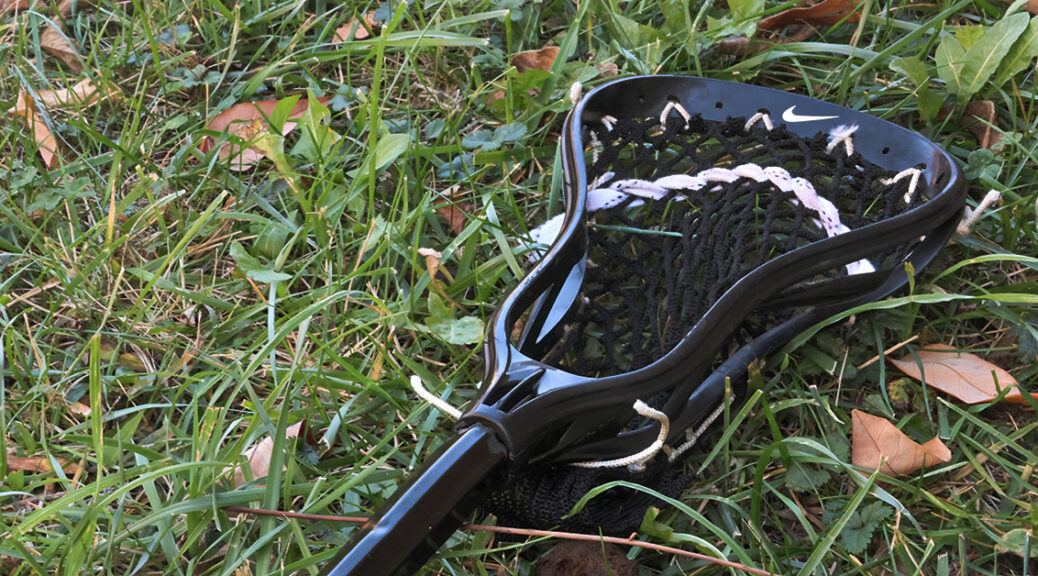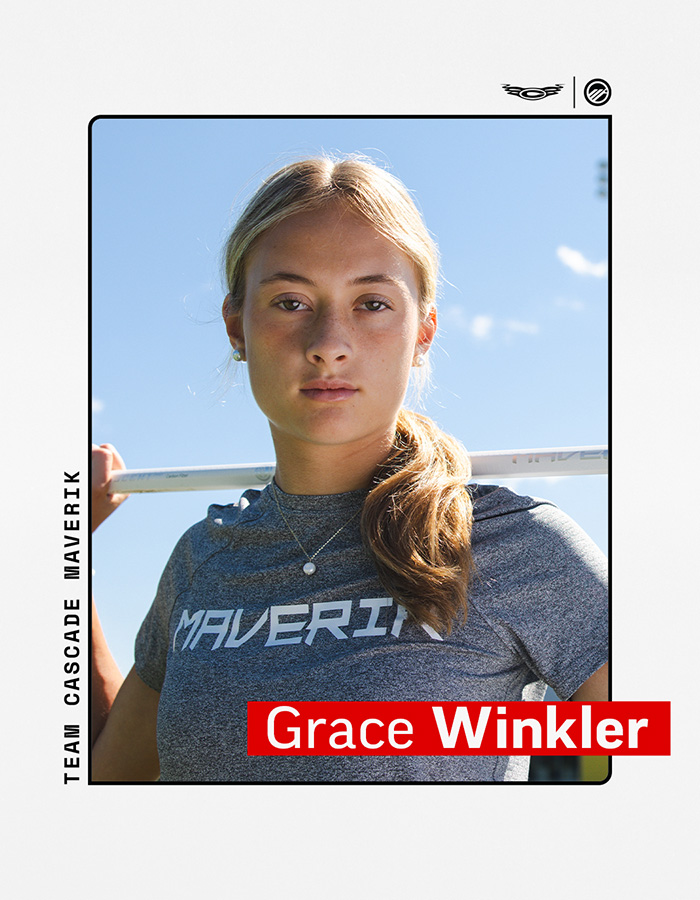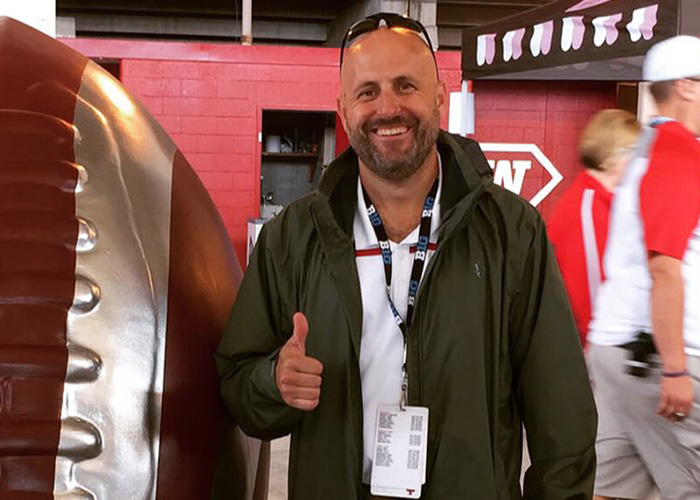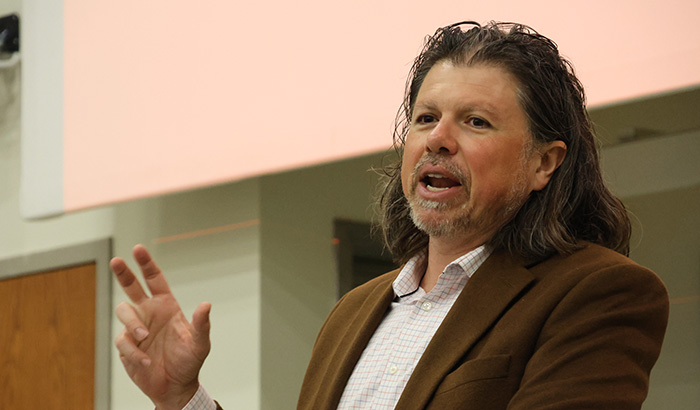
How NIL Deals Have Transformed College Athletes Lives
By Deshna Venkatachalam, Caroline McCarthy and Jack Hite
BLOOMINGTON, IN (Nov. 5, 2024) – A solid rubber ball gets passed around, getting caught in the head of a long stick. Eventually, it lands with a soft thud into the loose netting of Grace Winkler’s crosse. Specifically, a Cascade Maverik brand lacrosse stick, something that Winkler is obligated to use after accepting their Name, Image and Likeness (NIL) deal.
These deals have emerged as a transformation in the world of sports. Redefining both the financial realities and experience of these athletes. As players work to navigate the countless opportunities that arise from a Name, Image and Likeness deal, challenges may come from these agreements and the implications may extend far beyond their bank accounts. Signing puts a college athlete on a pedestal in front of society and could affect the athlete’s motivation, performance and team dynamics.
In the late 2000s, a class action antitrust lawsuit was filed by a University of California, Los Angeles athlete arguing that college athletes should be paid. In 2021, the National Collegiate Athletics Association allowed athletes to monetize their personal brands through sponsors and other commercially driven deals, resulting in over $900 million dollars distributed to NIL athletes. Three years later, student athletes are being offered deals ahead of the season. For Winkler, Cascade Maverik reached out to her the summer before her senior year, months after committing to the University of North Carolina at Chapel Hill.

“After I was signed to the company, I had a photo shoot and business trip with the other Maverik athletes, who are all pro players,” Winkler said. “I was then informed that I was their first high school athlete they had signed.”
While certain states prohibit high school athletes from profiting from NIL, Connecticut is not one of them, allowing Winkler to engage with Cascade Maverik directly.
Her contract requires her to make monthly social media posts, wear their merchandise and participate in marketing campaigns. Jeremy Gray, associate athletic director for strategic communications/director of the Cuban Center, emphasizes the importance of understanding these obligations.
“Understanding the terms of those contracts are really important,” Gray said. “‘Are you asking me to make five Instagram posts in order to get the money? I think I can manage that.’”
Winkler does not let these responsibilities change the way she carries herself. Being the youngest in the Cascade Maverik team dynamic makes her feel empowered.
“I felt very honored and special that I was a part of history for the company,” Winkler said. “Especially now that they are focusing more on the women’s side of the brand.”
Her familiarity with the age gap does not begin at the athletic level as she is also the youngest daughter in a family of three children. This opportunity spoke to her on a personal level.
“Being the youngest, I was always on the sidelines of my siblings’ games or practices until I was able to play myself,” Winkler said. “Now, it is special to me that I can be a role model for younger girls.”
Although her NIL status sets her apart from her peers, her relationship with them remains unchanged.
“I am acknowledged by my teammates and classmates for having an NIL contract, but their behavior towards me has not changed,” Winkler said. “I am still viewed as the same teammate and friend that they have always known.”
However, Gray explains that pay discrepancies in any setting has the potential to change dynamics amongst people.
“I have heard cross sport resenting, like ‘He’s terrible. Why is he getting twice as much in his NIL deal than I am,’” Gray said.
Comparing oneself to others can lead to a range of different emotions, one in particular being jealousy. Gray emphasizes the importance of forming relationships with the coaches, that way they can comfortably address problems when they are starting out, rather than when they have gone too far. Part of what the Cuban Center does is give athletes the opportunity to state any issues they have had within their industry.

“We send, quarterly, a survey to all student athletes so they can report anonymously about challenges that they’re having within their own programs,” Gray said. “We have also invested in full time sports psychologists that are assigned to teams.”
An athlete’s performance can be affected by many factors such as team dynamics and mental health, but prioritizing these factors can help boost the players morale, something that the Cuban Center takes pride in. However, factors that cannot be changed would be things like having an NIL deal. Winkler explains the effect signing a contract has had on her athleticism.
“I always have the motivation to try my hardest when playing, but I found that having the label of an NIL partnership has raised expectations for me even further,” Winkler said.
Director of the National Sports Journalism Center at Indiana University, Galen Clavio, states his opinion on what having the responsibilities of an NIL deal will do to an athletes performance on the field or court.

“It is always presented as ‘I can either be at practice’ or ‘I can focus on NIL,’” Clavio said. “That is not really how it works. Professional athletes, who, in many cases, are like a year older than college athletes, are able to effectively balance these things.”
For Winkler, a non-professional athlete, this balance between athletics and her commitment to Cascade Maverik has been fairly easy. While her life has been transformed, it has been transformed for the better. Her contract with Cascade Maverik will end in the spring, but she is hopeful for her future,
“This NIL deal can lead to more opportunities for me in the future, whether that’s partnering with other brands or signing an even more serious contract with Maverik as my lacrosse career grows,” Winkler said.
On Thursday, October 17, residents of Bloomington, Indiana were asked about their perspectives on how NIL contracts have transformed the lives of college athletes. From a non-athlete point of view, taking advantage of name, image and likeness can have both positive and negative impacts on college athletics.

